Psychology - Child Development
5.0(1)
Card Sorting
1/31
Earn XP
Description and Tags
Last updated 5:18 AM on 11/17/22
Name | Mastery | Learn | Test | Matching | Spaced | Call with Kai |
|---|
No analytics yet
Send a link to your students to track their progress
32 Terms
1
New cards
Developmental Psychology
a branch of psychology that studies physical, cognitive, and social change throughout the life span.
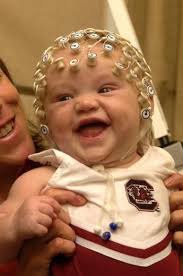
2
New cards
Sensorimotor Stage
in Piaget's theory, the stage (from birth to about 2 years of age) during which infants know the world mostly in terms of their sensory impressions and motor activities.
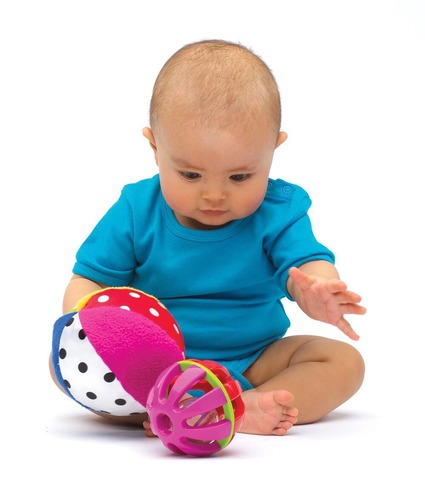
3
New cards
Object Permanence
the awareness that things continue to exist even when not perceived. develops in the sensorimotor state
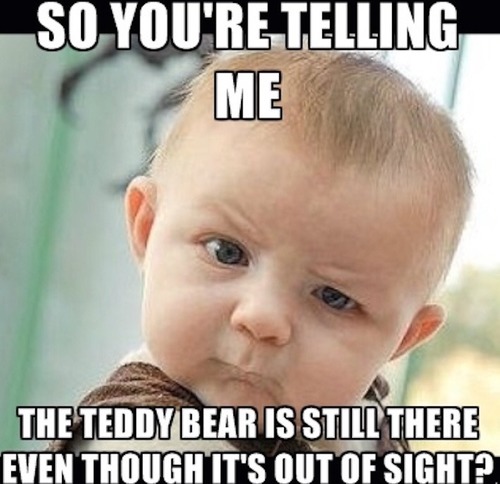
4
New cards
Preoperational Stage
in Piaget's theory, the stage (from 2 to about 6 or 7 years of age) during which a child learns to use language but does not yet comprehend the mental operations of concrete logic.

5
New cards
Conservation
the principle (which Piaget believed to be a part of concrete operational reasoning) that properties such as mass, volume, and number remain the same despite changes in the forms of objects.
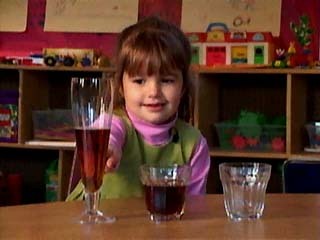
6
New cards
Egocentrism
in Piaget's theory, the preoperational child's difficulty taking another's point of view.
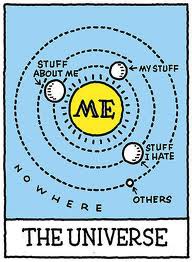
7
New cards
Concrete Operational Stage
in Piaget's theory, the stage of cognitive development (from about 6 or 7 to 11 years of age) during which children gain the mental operations that enable them to think logically but not abstractly about concrete events.
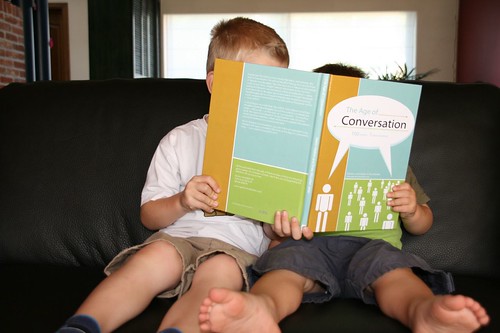
8
New cards
Formal Operational Stage
in Piaget's theory, the stage of cognitive development (normally beginning about age 12) during which people begin to think logically about abstract concepts.

9
New cards
Stranger Anxiety
the fear of strangers that infants commonly display, beginning by about 8 months of age.
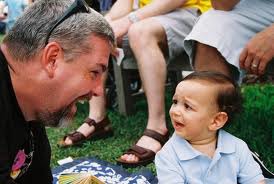
10
New cards
Attachment
an emotional tie with another person; shown in young children by their seeking closeness to the caregiver and showing distress on separation.
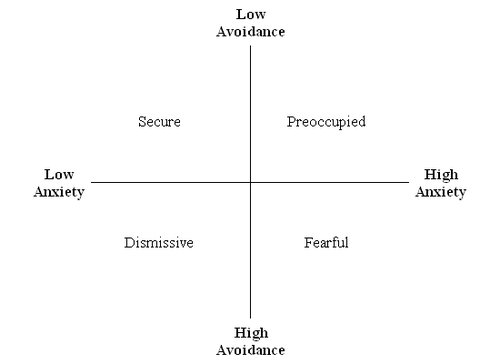
11
New cards
Imprinting
the process by which certain animals form attachments during a critical period very early in life. Humans do not do this
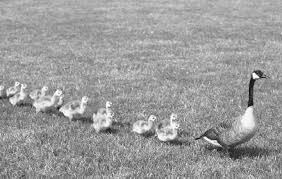
12
New cards
Konrad Lorenz
studied how geese imprint
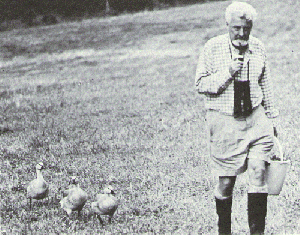
13
New cards
Mary Ainsworth
Researcher who developed "the strange situation" to study attachment
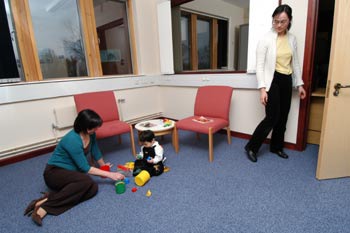
14
New cards
Strange Situation
Involved a mother briefly leaving a young child in a room. A stranger then enters. Later, the mother returns. Used to study attachment
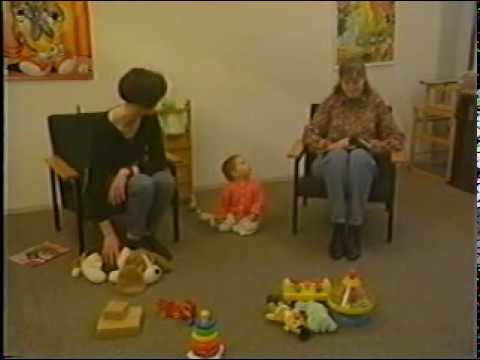
15
New cards
Secure Attachhment
When mom was in the room, explored but were wary of the stranger. When child was left alone they cried, but were soothed when the mother returned.

16
New cards
Insecure Attachment
When mom was in the room, didn't really touch base with her or care when she left and stranger entered. Didn't care when mom returned
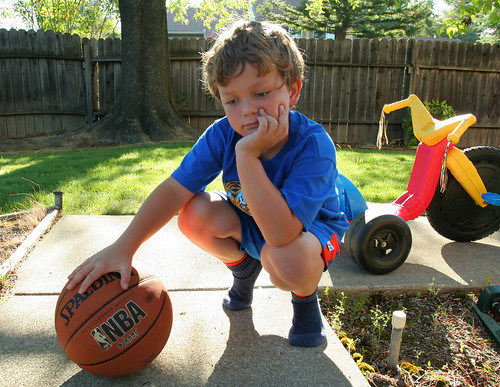
17
New cards
Nature
heredity, or the influence of inherited characteristics on personality, intellect, and development
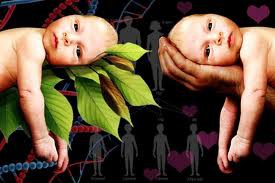
18
New cards
Nurture
environment; the influence our surroundings, parenting styles, economic factors have on our personality, intellect, ad development
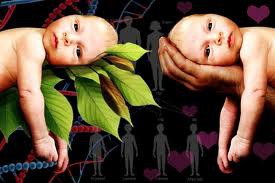
19
New cards
Erik Erikson
Developed an 8 stage theory of psychosocial development where each stage was centered on overcoming a crisis such as trust vs mistrust
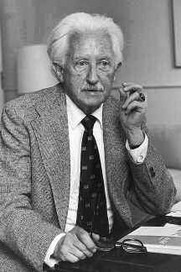
20
New cards
Punishment vs Obedience Morality
First stage of Kohlberg's theory where morality is based on punishment. If I didn't get caught/punished then it was OK to do it.
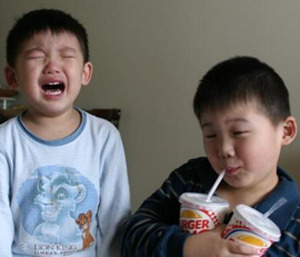
21
New cards
Approval Seeking Morality
Third stage of Kohlberg's theory where morality is based on conforming to others. If everybody's doing it, it must be ok!
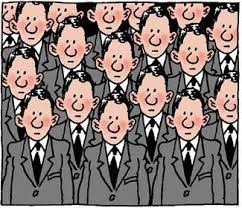
22
New cards
Social Contract Morality
Fifth stage of Kohlberg's theory where a person may decide to break a law to protect someone's rights.

23
New cards
Authoritarian parenting
parents who are very inflexible, stern and strict. More likely to use physical punishment. Children tend to grow up with low self esteem, be timid and withdrawn. Others might rebel.

24
New cards
Permissive parenting
parents who are more friends to their children and do not set any boundaries. Children tend to be selfish, immature, and dependent upon parents.
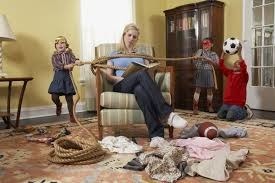
25
New cards
Authoritative parenting
parents who set clear expectations and boundaries but who are warm, fair, and flexible. Children tend to grow up to be well adjusted and have high self esteem.

26
New cards
Autonomy vs Shame/Doubt
Erikson stage ages 1-3 when children are learning to direct their own behavior and feel that they can do things for themselves. I can do it vs I can't do it!
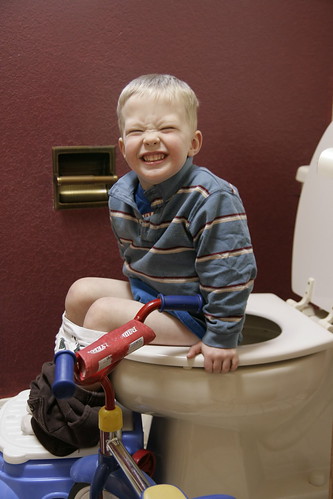
27
New cards
Initiative vs. Guilt
Erikson stage ages 3-5 where children must learn to control their behavior and take responsibility for their actions. I decided to do it vs I really shouldn't have done that!

28
New cards
Industry vs. Inferiority
Erikson stage ages 5-12 where children learn to feel competence and self esteem as they learn new knowlesdge and skills. I can do it well vs. I am terrible at that!
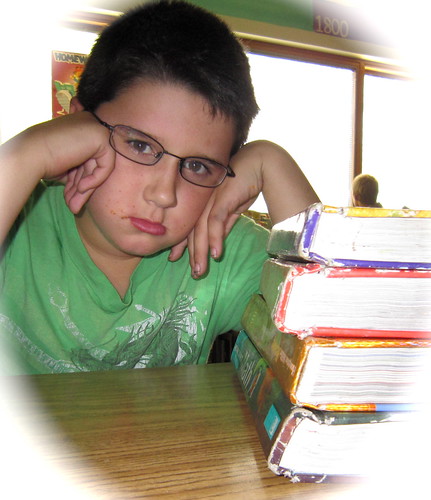
29
New cards
Jean Piaget
Created a four stage theory of Cognitive Development
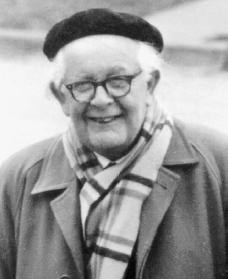
30
New cards
Pleasure Seeking Morality
Second stage of Kohlberg's theory where decisions are based on how much pleasure it brings. If it feels good, do it.

31
New cards
Law and Order Morality
Fourth stage of Kohlberg's theory where decisions are based on following rules. A law is a law is a law!
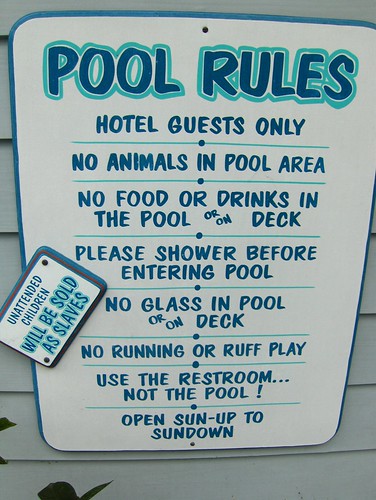
32
New cards
Universal Ethical Principles Morality
Sixth and highest stage of Kohlberg's theory where decisions are based on a personal code of ethics. Laws may be broken to protect the rights of many people.
